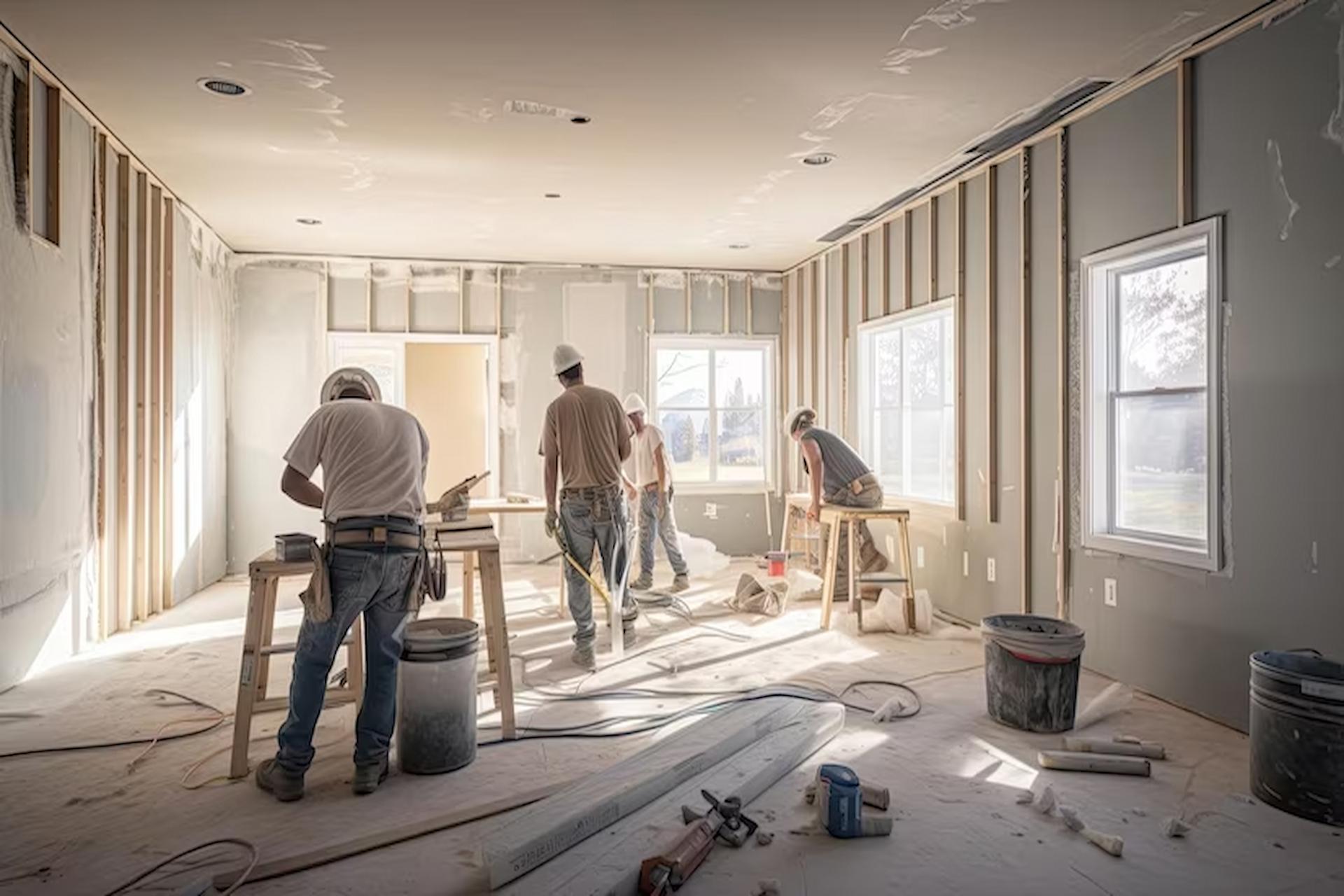Many of the top estate agents in Essex will begin to receive questions regarding winter renovations and their worth at this time of the year. With this in mind, we take a look at how to survive tackling winter home renovation projects whilst living on site at this stressful time.
Planning and preparation
Where possible, it is best to try and avoid rushing into any major renovations without proper planning. Advanced planning could help you to gain the best results from your renovations and will help to avoid any major upheaval or preventable issues. Some things to think about before you begin include:
Choosing the best tradespeople for the job – the first step to successful renovations is to choose tradespeople who are well respected and trusted in their industry. Utilise services such as ‘check a trade’ and ask for up-to-date references and portfolios so that recent work can be seen and checked. Ask friends and relatives for recommendations as word of mouth is often far more reliable from someone you trust.
Meal prep – think ahead to how tired and stressed the upcoming renovations may make you feel. By pre-prepping some hearty meals, you will not only save money on expensive takeaways, but you’ll thank yourself for the convenience and forethought down the line. A hot meal that simply needs reheating in the midst of winter could be just the thing you’ll need.
Out-of-bounds areas – it is important to create a safe space for yourselves when living on site during major renovations in your home. Cordon off certain rooms or safe spaces in the house where builders and tradespeople should not need to go. Keep these as clean and as dust-free as possible. You may need to cover doorways and stairwells with plastic or dust sheets in order to stop building dust from seeping into these areas. Prioritise children’s rooms to help ensure that they feel safe and secure whilst work is taking place.
Staying warm and avoiding illness
If you think that you’ll be without reliable central heating during any stage of the renovation project, you should ensure that you have access to portable heaters, hot water bottles and warm clothing. You may also need to buy (or hire) air purifiers and dehumidifiers in order to keep damp and condensation at bay. Dust particles will be unavoidable so thinking outside of the box could prove helpful.
Asking for help where needed
Lastly, don’t be afraid to ask for help from friends and family. You may find that you need a few nights away from the property and a break from living on site. Most close friends and family members will be only too glad to host you for a short while. This could save on accommodation fees and costly bills that will all add to your final financial outlay.

